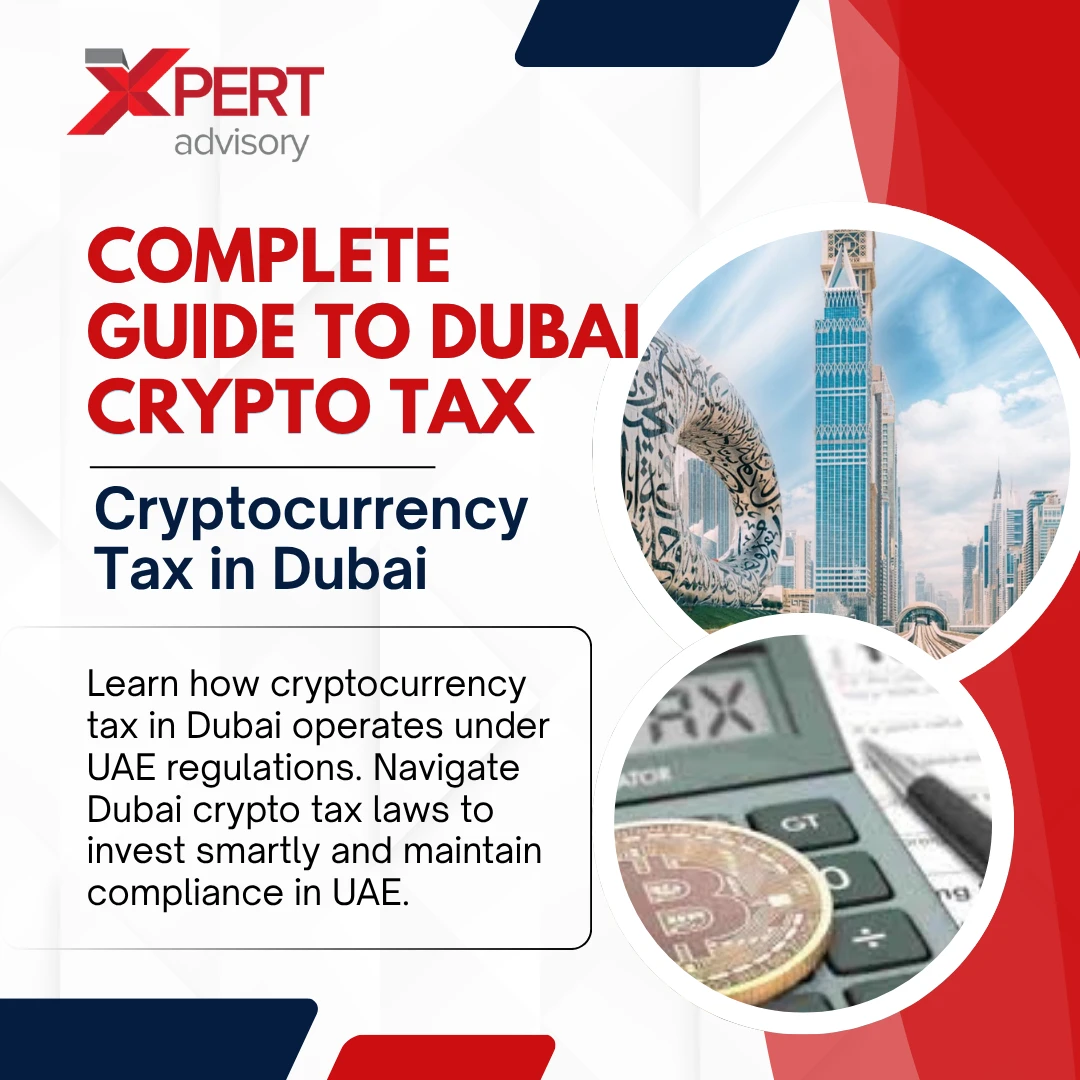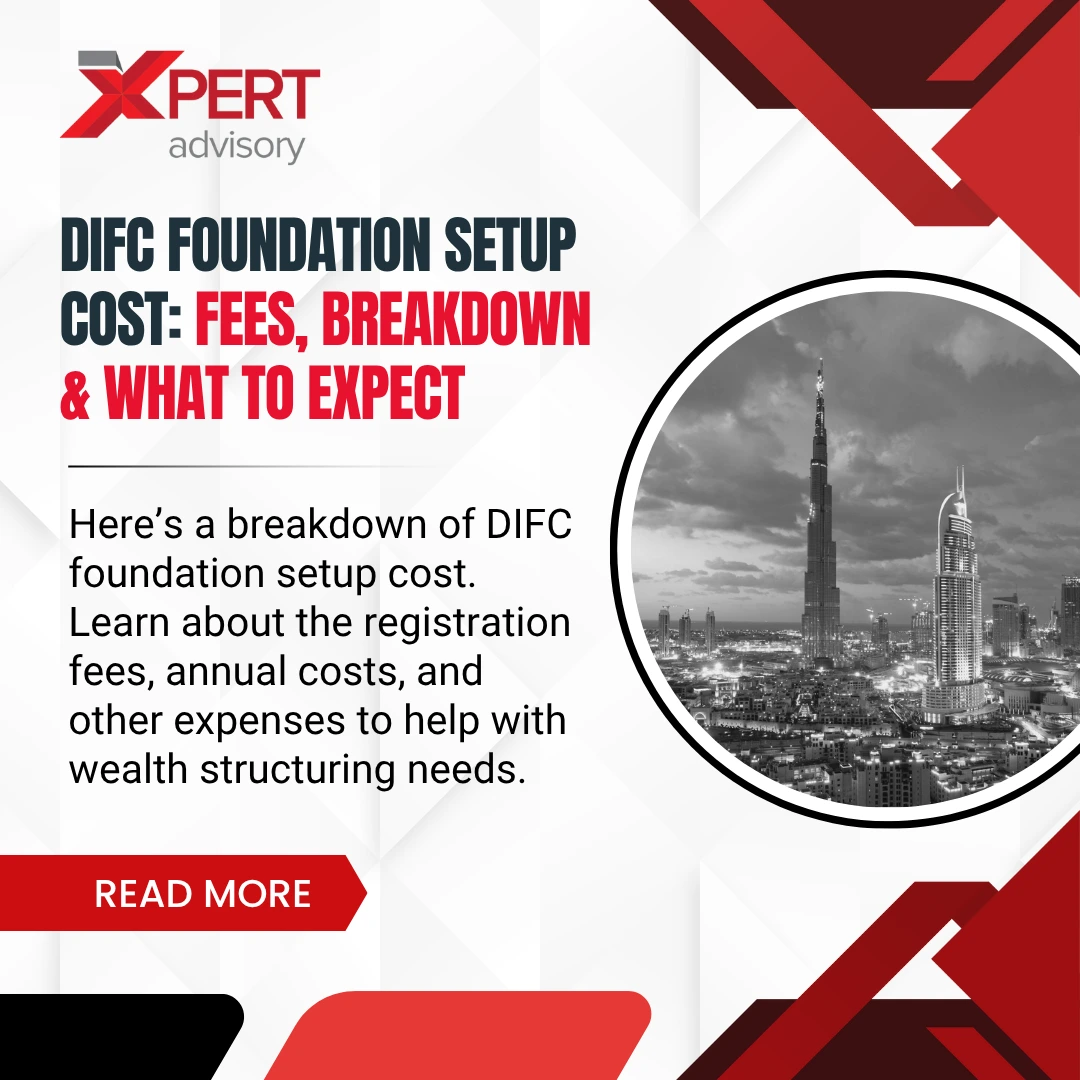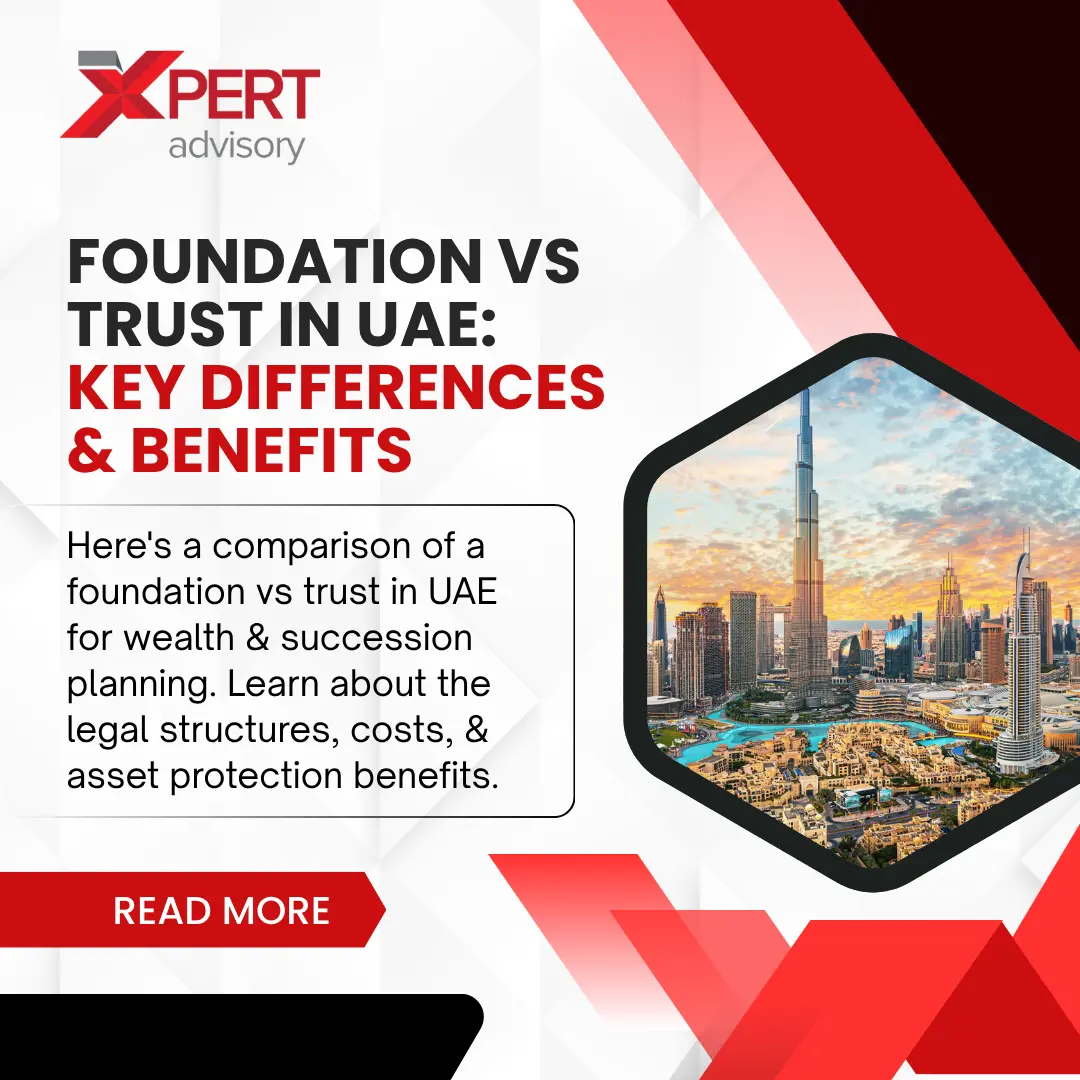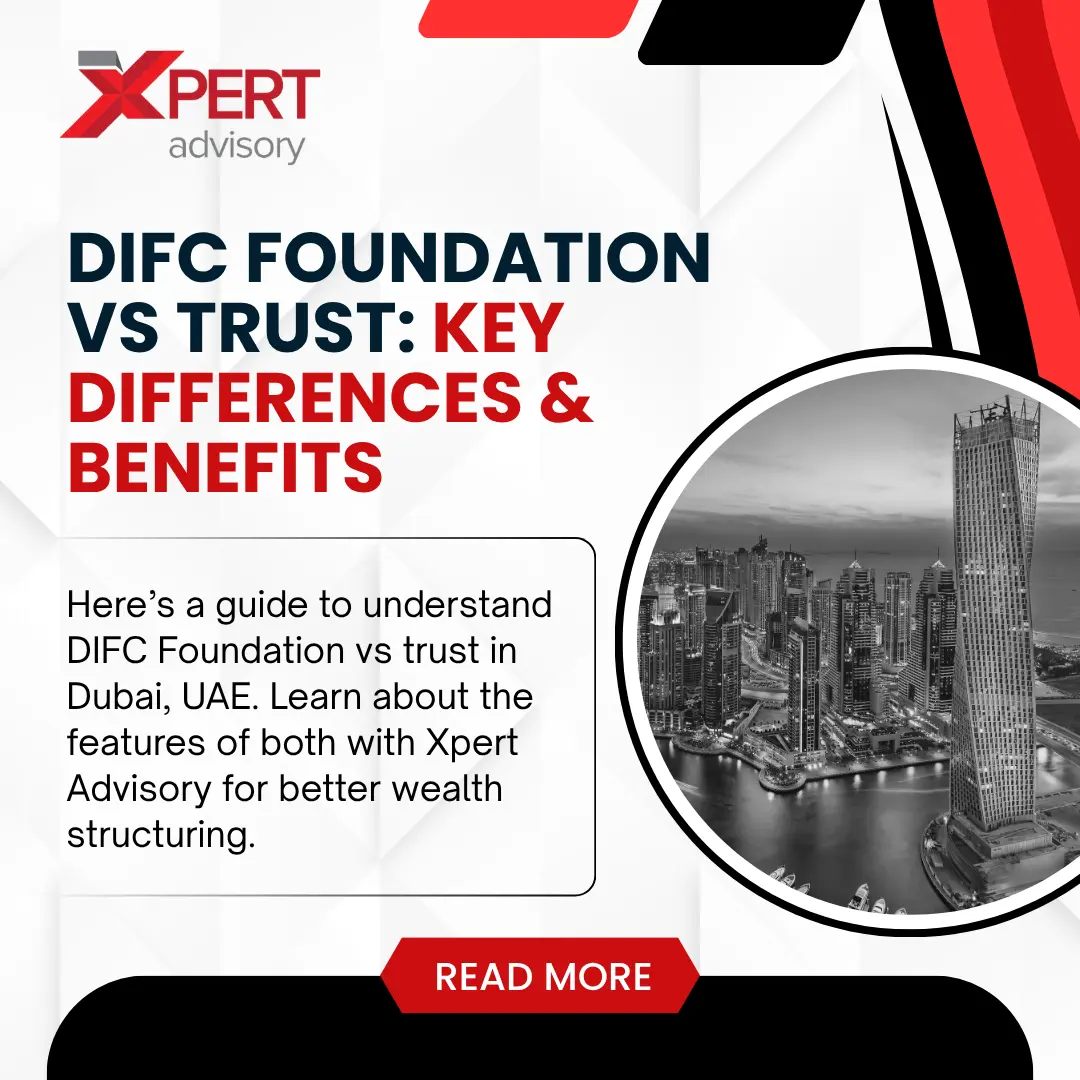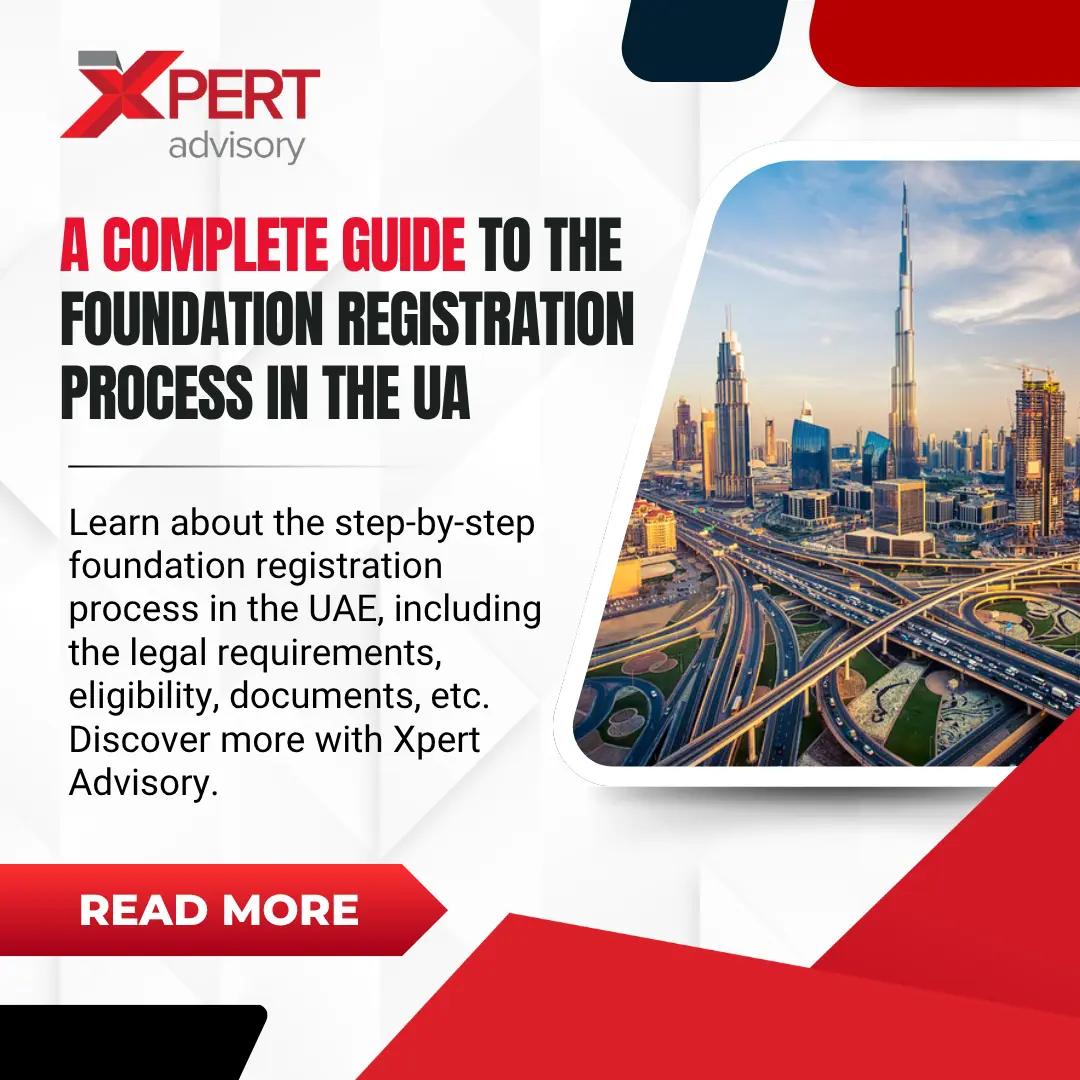Dubai has rapidly emerged as a global hub for digital assets, attracting crypto investors, traders, and blockchain innovators from around the world. With its business-friendly policies, futuristic vision, and tax incentives, many assume that dealing in digital currencies here comes with zero financial obligations. However, as the regulatory landscape continues to evolve, it is crucial to understand the legal and fiscal nuances surrounding cryptocurrency tax in Dubai. Whether one is an individual investor or a crypto-focused businessman, this blog offers a clear guide to the latest tax rules, compliance requirements, and regulations affecting digital assets in the UAE.
Taxation Status of Cryptocurrency in Dubai

Dubai is known as a tax-free destination for cryptocurrency, but this is a common misconception that needs clarification. Since the United Arab Emirates does not have individual or corporate income tax, its crypto rules depend on how the asset is employed, whether it is used for personal or business purposes. Since individuals who use crypto for personal matters pay no immediate tax, high-net-worth users and traders find Dubai appealing.
The situation is different when crypto activities involve business activities such as trading, blockchain services or mining. Businesses are required to pay corporation taxes and may also be subject to VAT restrictions, contingent upon the manner in which crypto is employed in transactions. Tax obligations may be unintentionally triggered by even some freelancers or service providers who deal in cryptocurrency. It is imperative to comprehend this distinction in order to guarantee complete adherence to UAE regulations.
Regulatory Framework for Cryptocurrency in Dubai
The UAE government has established a structured regulatory environment to monitor crypto activity, ensuring cooperation between the two. Here is the regulatory framework for crypto in Dubai:
DFSA Crypto Token Regulations (DIFC)
The DFSA launched its framework for crypto tokens within the Dubai International Financial Centre, and it went into effect from 1 November 2022. This move came as the next phase of the authority’s crypto initiative, after their Investment Token initiative in 2021. Seeing as it is compliant, licensed firms can use this system to provide token trading, custody, and investment management services.
All of the DFSA’s rules avoid relying on any specific technology and concentrate on risk management for activities such as financial crime prevention, custody, revealing needed information, and governance in the area of technology. It is required that Crypto Tokens be approved for any regulated actions, and the DFSA is developing its clear rules to cover staking and fund management.
Central Bank of the UAE and National Digital Currency
The Central Bank of the UAE is key to the UAE’s digital asset strategy at the national level. By issuing Federal Law No. 54 of 2023, the country now officially defines currency to include a National Digital Currency, allowing for the creation of a CBDC in the future. This step helps the UAE follow trends seen in digital money across the world.
Due to the Central Bank Law changes, the authority is in charge of setting how to produce, feature, and manage digital currency. The document points out that even if some virtual assets are used for payment or for trading, they are still not considered legal tender unless a special approval is granted.
Licensing Requirements for Crypto Businesses in Dubai
Dubai-based crypto businesses are required to get licenses that reflect their area of operation and types of services. The DIFC’s licensing is managed by the DFSA and covers careful checks, set amount of capital, and mandatory reporting. The DMCC Free Zone also exists outside the DIFC and is a flexible place to get licensed if once has a startup or a mid-sized organization.
Apart from these, the Virtual Assets Regulatory Authority (VARA) manages activities elsewhere in Dubai and issues licenses to exchanges, brokers, custodians, and wallet providers. While every regulatory zone sets its own guidelines for compliance, they cooperate to allow innovative crypto ideas and ensure fairness and the safety of consumers.
Recent Legal Developments Affecting Cryptocurrency Investors in Dubai
Dubai’s crypto-friendly regulations are boosting digital asset growth and attracting high-net-worth individuals and investment funds. Here are the key legal developments shaping this space:
Introduction of Corporate Tax on Digital Asset Activities
From June 2023, the UAE started collecting a 9% federal corporate tax on all income above AED 375,000*. The framework covers all digital asset-related services, including cryptocurrency exchanges, mining operations, Defi protocols, and NFT studios. Even so, companies qualifying the free zone regime are still eligible for tax benefits, if they meet certain regulations.
Strengthening of Economic Substance Requirements
To continue receiving the Dubai crypto tax benefits available in free zones, crypto companies must show genuine economic activities within the UAE. It involves paying staff and office costs, and putting the necessary structures in place for good governance. If a company does not comply with Economic Substance Regulations (ESR), it may receive penalties and see its tax exemptions revoked, making sure the government encourages real business activity in the country.
Groundbreaking DIFC Legislation on Digital Assets
On 8 March 2024, the Dubai International Financial Centre (DIFC) enacted new laws that make Dubai a leader in digital asset regulation.
DIFC Law No. 2 of 2024- Digital Assets Law
This law facilitates formal legal recognition of digital assets, including NFTs, as a type of property within DIFC. It sets the rules for owning, trading, and settling disputes, making sure digital assets behave like other kinds of assets owned by individuals.
DIFC Law No. 4 of 2024-Law of Security
The new rules set up by this legislation allow for secured transactions, providing tokenized assets as collateral. It also discusses ways to deal with organizations such as DAOs (Decentralized Autonomous) and DeFi (Decentralized Finance) making the rules regarding them clear and definite. These rules combine into what is believed to be the world’s first legal framework designed for cryptocurrencies and digital finance.
Strategic Alignment with National Digital Goals
Such reforms fit with Dubai’s overall economic strategy, as proven by the Dubai Metaverse Strategy launched by Sheikh Hamdan bin Mohammed Al Maktoum. Its main objective is to establish Dubai as a top player in the field of digital economy, blockchain, and metaverse.
How to Legally Conduct Cryptocurrency Activities in Dubai?

To deepen your understanding of cryptocurrency tax in Dubai and fully benefit from its opportunities, make sure to follow the regulations by adhering to these key guidelines:
Business Registration in a Designated Free Zone
To run cryptocurrency business legally, register it at free zones like the DMCC or DIFC. This will help the entrepreneurs to avoid regulations, owning 100% of the business, and license without delay.
VARA Licensing and Regulatory Adherence
Firms that trade, hold, issue tokens, and broker virtual assets should seek approval from the VARA and observe its standards for corporate management, technology protection, and investor protection.
Rigorous AML/CFT Compliance
Ensure that anti-money laundering and counter-terrorist financing measures are implemented and maintained in accordance with the most effective global practices. Companies need to follow through with their Know Your Customer (KYC) processes, keep a close eye on crypto transactions, and right away report any odd activities to the proper authorities.
Tax Implications of Core Cryptocurrency Transactions in Dubai
In Dubai, digital asset activities are taxed in a straightforward way, and the rules differ for individual users and corporations. The following explains how tax issues are handled for principal cryptocurrency transactions:
Acquisition and Custody
Certain cryptocurrencies, when bought and held personally, are free of Capital Gains Tax (CGT) and Value Added Tax (VAT). Due to this policy, people can accumulate crypto assets before having to pay taxes, which is attractive for those looking to invest in Dubai over the long run.
Disposal of Digital Assets
Cryptocurrencies are not taxed on sale or exchange when it comes to individuals. Even so, for a company, such gains are subject to tax, and a corporate tax of 9% is taken from profits over AED 375,000* per annum.
Mining and Staking Rewards
Staking or mining on a personal level is not taxable since there is no personal income tax in the UAE. In contrast, commercial mining and staking operations are considered business activities that are taxed. Profit from operations of this kind must be reported as business income and taxed at the standard rate of 9% if the necessary thresholds exist.
Inter-Token Swaps
In most cases, the exchange of cryptocurrencies between privately acting individuals does not need to be declared to the government. Unlike for people, corporate entities must count any gains or losses made in swaps as taxable, and must value them properly for inclusion as earnings.
Cryptocurrency as Compensation
Workers who get paid in cryptocurrency are not required to pay personal income tax. On the other hand, registered businesses are required to treat the AED value of the crypto as revenue. If you are buying or selling goods and services, VAT is calculated at a rate of 5%.
Capital Gains
Private investors trading or owning digital assets do not have to pay capital gains tax. On the other hand, companies must record all realized capital gains in their profit and loss statements, and those profits are taxed at the rate of 9%.
Record-Keeping Requirements
For compliance and to keep tax exemptions, it is necessary for individuals and organizations to keep a detailed audit trail of their transactions, wallets, changing from one currency to another, and all AML/CFT documents, as required by FATF and the Travel Rule.
Practical Tips for Crypto Tax Planning in Dubai
Dubai offers a complete and tax-friendly environment for everyone, from wealthy investors to crypto-savvy entrepreneurs. Here are key tips for effective planning of crypto taxes in Dubai:
Select the Ideal Jurisdiction
Carry out institutional and capital‑markets activities in the DIFC, agile startups with foreign ownership in the DMCC Free Zone, and consumer‑facing platforms like exchanges, wallets, and NFT platforms on the mainland require a VARA license.
Maintain Thorough Transaction Records
Archive exchange CSVs, wallet‑address logs, screenshots of fiat conversion, AML/CFT reports, and KYC documents to prove private investor-ship and help get VAT or free‑zone exemptions.
Engage Accredited Local Advisors
Partner with legal and tax professionals who have the appropriate approvals from the government to fulfill licensing, testing, and reporting needs.
Leverage Free‑Zone Benefits
Set up business in DMCC or DIFC to avoid corporate tax, which enables to bring all profits and financial benefits back home, and save on compliance, while still fulfilling requirements for staffing, governance, and spending within the UAE.
Structure the investments for Maximum Efficiency
Choosing the appropriate vehicle (personal holding, mainland business, or free-zone corporation) can impact trading, staking, NFT, and DeFi positions, allowing for optimal tax benefits and avoidance.
Implement Proactive Tax‑Planning Strategies
Check the corporate tax limits and make sure to not exceed them. Take advantage of holding companies and trusts for managing estate plans and sending money abroad, and use proceeds to minimize any tax liability.
Schedule Regular Compliance Reviews
Perform a review of accounts, transaction records, and all related anti-money laundering and counter-terrorist financing controls at least twice a year. Update the processes as soon as possible when new rules or guidance comes out, or if Central Bank Digital Currency (CBDC) changes, and fix any problems quickly to avoid any fine and can continue following the rules.
Final Thoughts
Dubai is rapidly emerging as a crypto-friendly hub, attracting global attention from investors and businesses alike. With zero personal income or capital gains tax, Dubai is a desirable place for people earning worldwide income start their crypto business. Because of their robust infrastructure, strict regulations and planned CBDC and enhanced token listing rules, Dubai leads in the cryptocurrency world. As the city improves its free zones and tax regulations, it is on track to become a top leader in cryptocurrency tax compliance within the next few years.
Ready to maximize your crypto gains while staying fully compliant in Dubai? Let Xpert Advisory guide you through the complexities of cryptocurrency tax in Dubai. Whether you’re an expat, investor, or business, our expert consultants ensure you stay ahead of the law while optimizing your tax position. Contact us today and secure your crypto future with confidence!
FAQs
What Are the Tax and Regulatory Rules for Cryptocurrencies in Dubai?
Dubai offers major tax advantages with no personal income or capital gains tax on cryptocurrencies for individuals, making it an attractive place to relocate and become a tax resident. However, businesses dealing with crypto may face a 9% corporate tax.
Are There Any Taxes on Selling Cryptocurrencies in Dubai?
Due to clear regulations and a favourable tax environment, selling cryptocurrencies in Dubai generally does not incur taxes on gains from cryptocurrency, enabling hassle-free transfer and trading.
How Do Dubai’s Crypto Tax Policies Benefit Expats and Investors?
Dubai attracts digital nomads and investors using platforms like Binance, as they can move to a new country and trade assets like bitcoin without paying capital gains tax

